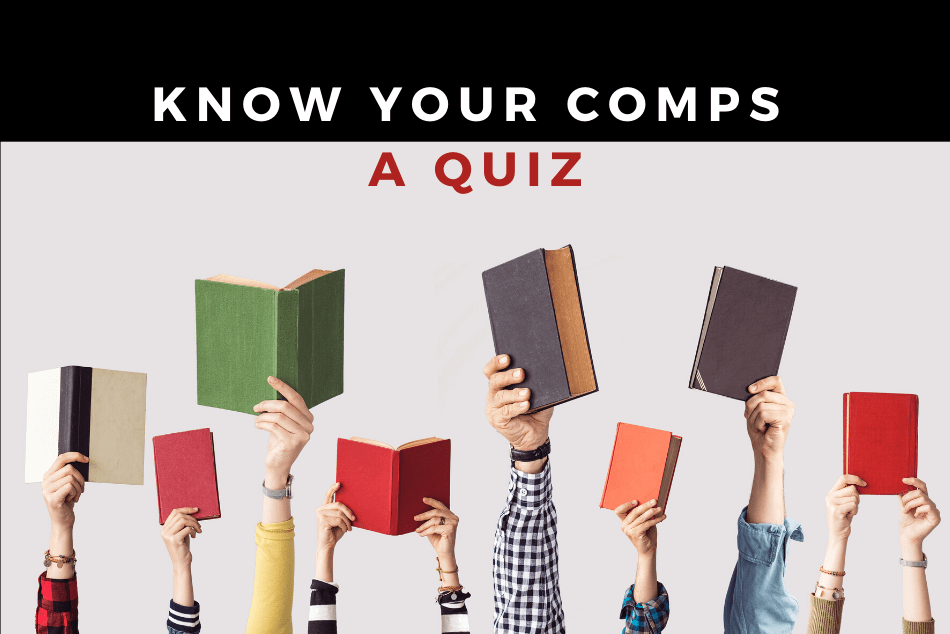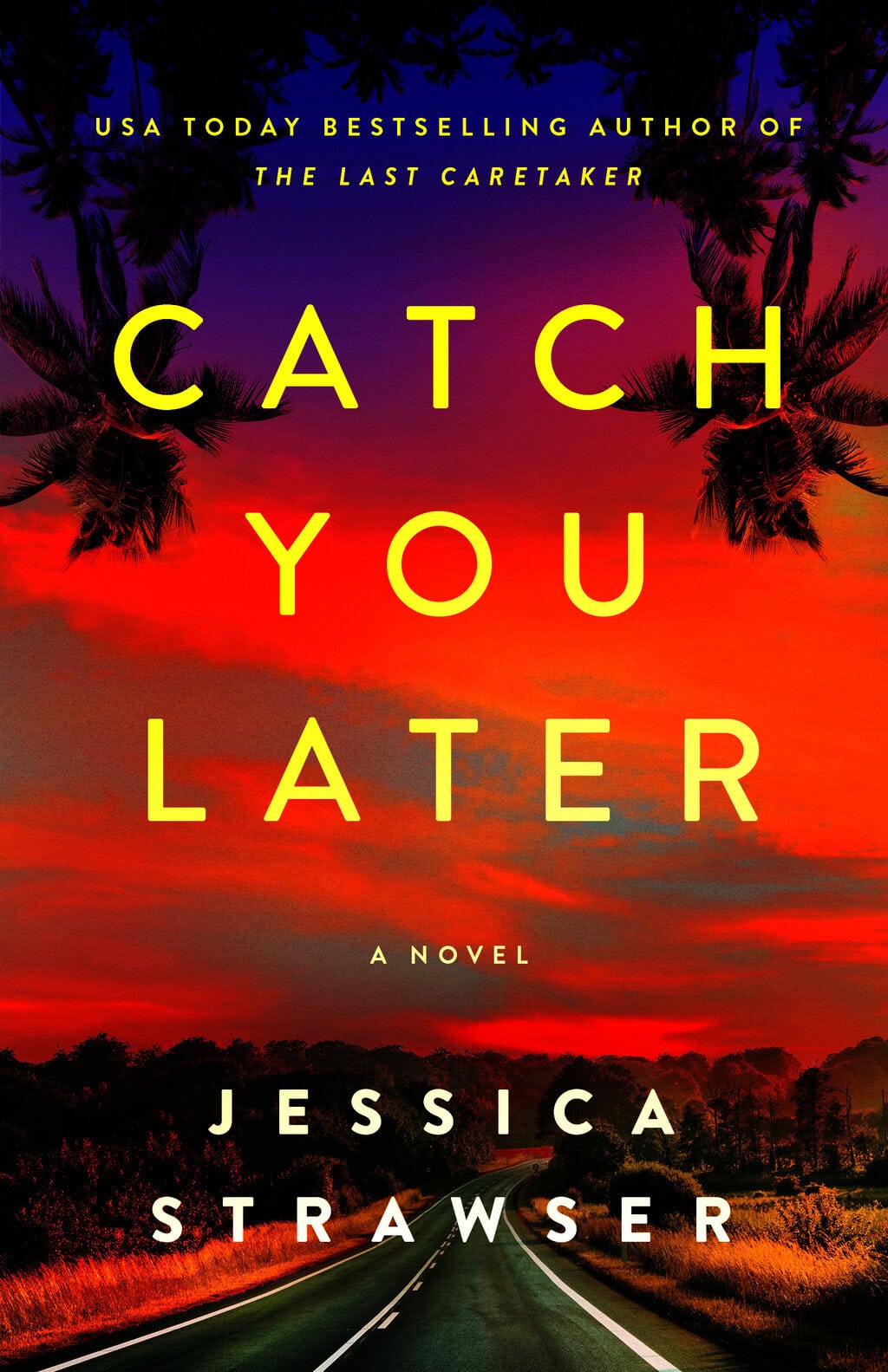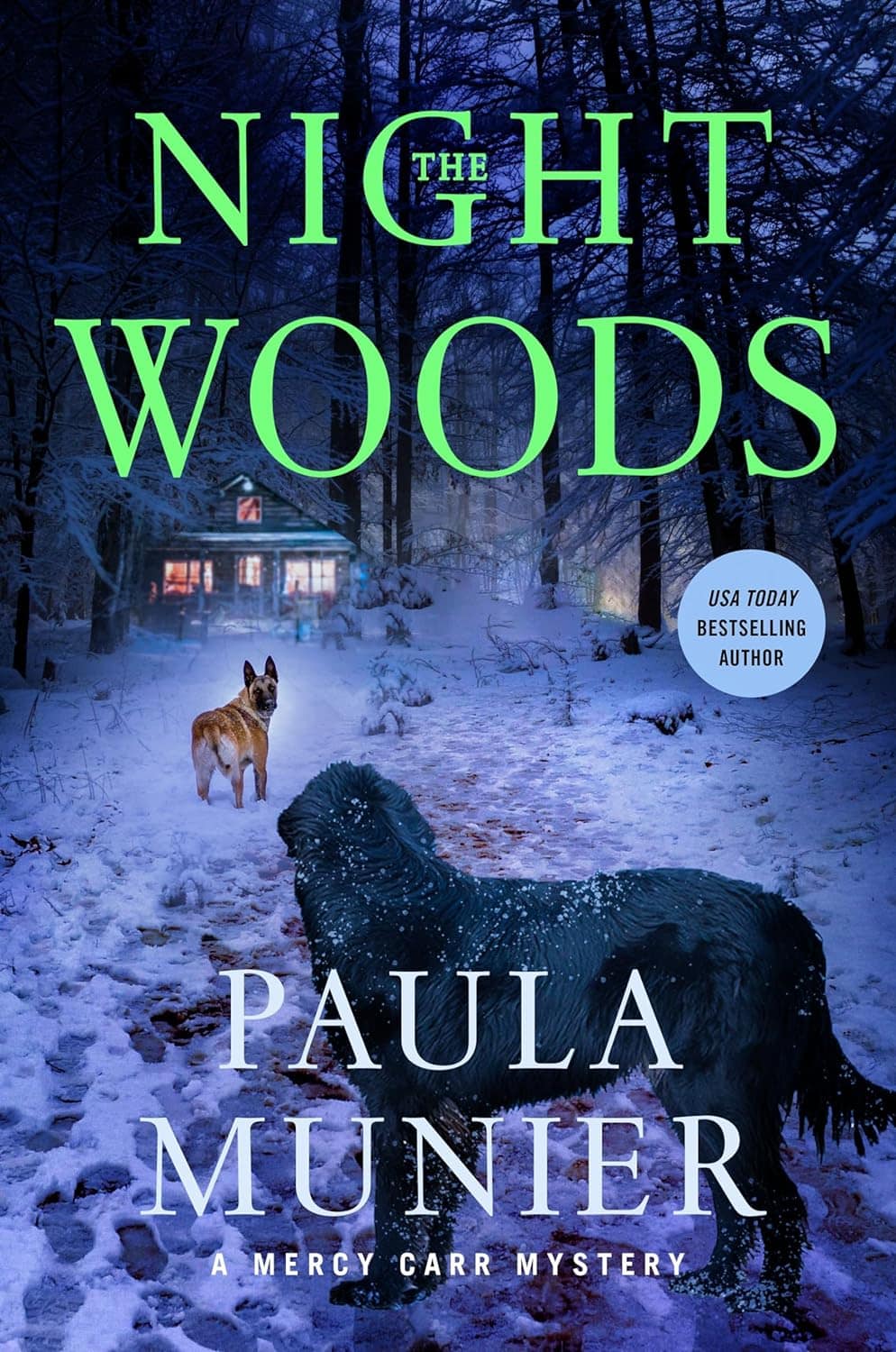Comparable titles–comps for short–are a critical part of any career author’s strategy, like it or not. I talk to writers all the time who choose to dismiss or ignore the importance of comps, to their own disadvantage. Ask yourself this: How well do you truly understand what a thorough knowledge of your competition means to you and your writing career. Take this test, and find out.
Know Your Comps Quiz
Knowing your competition is critical to succeeding in any field--and publishing is no diffferent. Yet to their peril, many writers do not do their homework when it comes to comps. Test your knowledge of how comps work, and why they're so important.
What kinds of comps should you use?
1. Books that remind you of your own book
2. Books in the same genre as your book
3. Books in the same sub-genre as your book
4. Your book is not like anything else out there.
Why are comps important?
1. Comps help establish that there's a readership for your book.
2. Comps' sales numbers are used to populate the publisher's P&L.
3. Comps indicate the kind of reading experience readers expect.
4. Comps help writers understand what they're up against in the marketplace.
Which authors should you use when selecting comps?
1. Any author whose work you admire.
2. The bestselling authors in your genre
3. The bestselling authors in your sub-genre
4. Up-and-coming authors in your genre
5. Up-and-coming authors in your sub-genre
How recent should your comps be?
1. What matters is how successful the comps are, not how recent they are.
2. The classics in your genre, regardess of when they were published.
3. The category killers in your genre, regardless of when they were published.
4. Successful books in your genre published in the 21st century.
5. Successful books in your genre published in the past three to five years.
How many comps should you have?
1. At least half a dozen titles for a book proposal
2. Three or four titles for a query letter
3. At least a dozen authors whose work appeals to the same readership for online marketing purposes
What good does adding comps to your pitch/query letter/proposal do?
1. It does no good if they're the wrong comps.
2. The right comps show you know your category.
3. The right comps show you know your readership.
4. The right comps show you know the marketplace.
Is it okay to use movies as comps?
2. Sure, if it's a good movie.
3. Sure, if it's a good movie in your genre.
4. Sure, if it's a good, recent movie in your genre.
5. Sure, if it's a good, recent movie in your genre based on a book.
Can I use X Meets Y?
1. Yes, if it provides context.
2. Yes, as long as you don't mix genres.
3. No, you should never use X Meets Y.
4. I don't know what X Meets Y is.
What's the best way to find good comps?
1. Read widely in your genre.
2. Read widely in your sub-genre.
3. Join your genre association.
4. Make note of the recent titles in your genre that are nominated for awards.
All 10 questions completed!
Once you’ve answered the questions be sure to scroll back up to see which ones you knew–and the right answers to the ones you missed!





